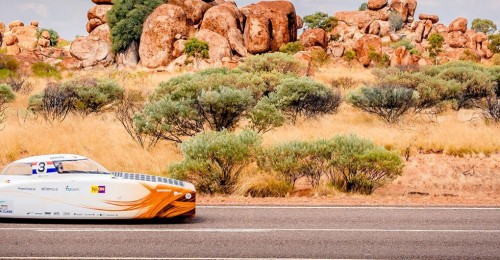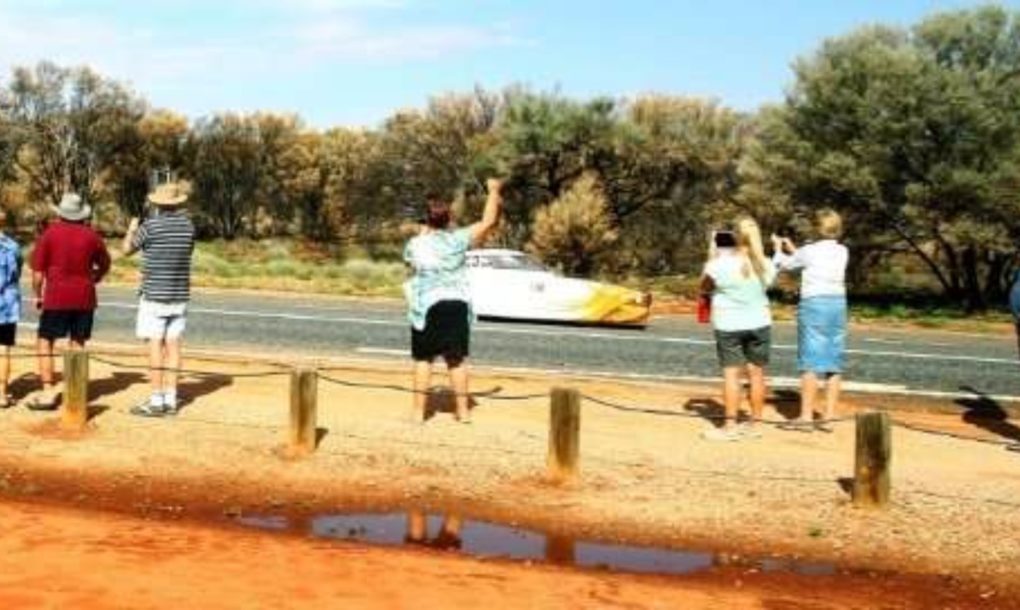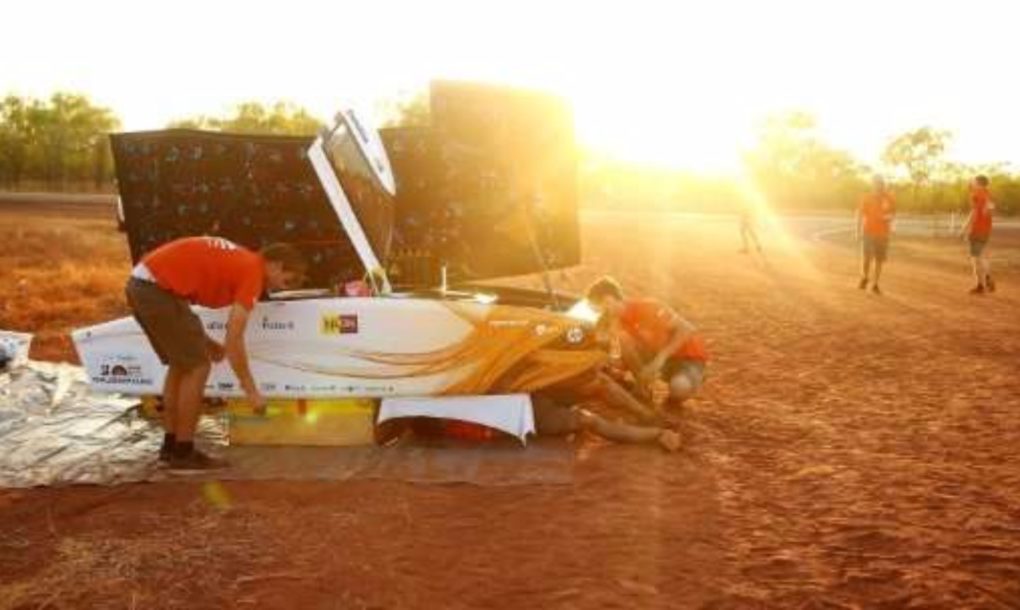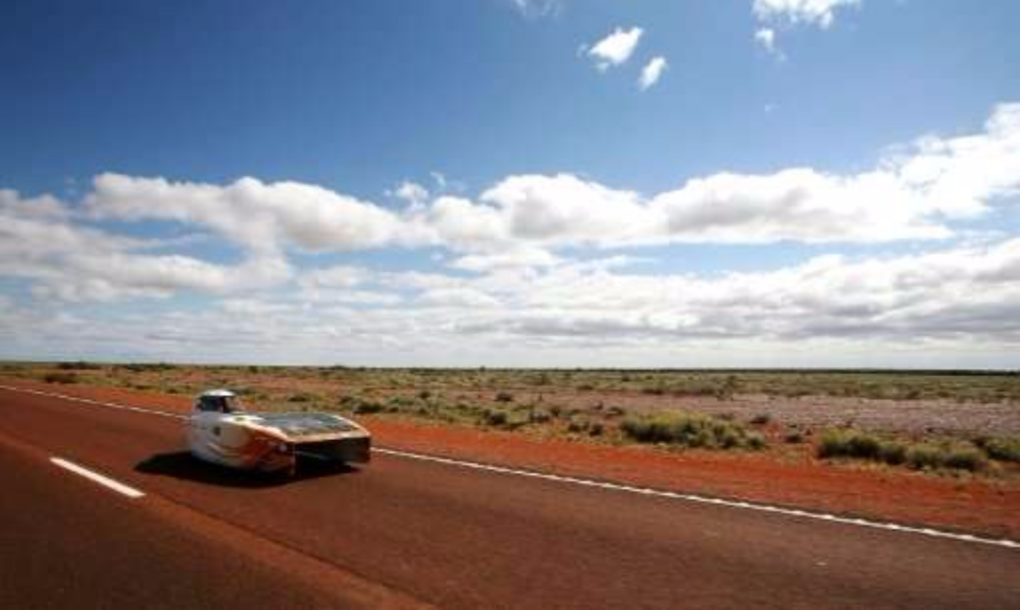RECOMMENDED VIDEOS

DRÄXLMAIER Green Logistics
DRÄXLMAIER Group

ECLIMO : ES-11 Electric Scooter
Eclimo Sdn Bhd

Honeycomb Products Inc.- Manufacturing Environmentally…
Honeycomb Products Inc.

Efficient Drivetrains, Inc. CNG PHEV Logistics Truck
Efficient Drivetrains Inc

Fix-A-Flat - Eco Friendly
O'Reilly Auto Parts
Related Stories
California makes huge investment in ‘widespread transportation electrification
EvoWheel converts almost any bicycle into an electric bike in just 30 seconds
The E-Fan X jet heralds an electric passenger plane revolution
Manta5’s new electric water bike lets you cycle on rivers and lakes
Shanghai flying car tower to clean the air with a 50,000-plant vertical forest
27 Oct, 2017

The Netherlands’ sun-powered Nuna9 race car wins the World Solar Challenge
Green Transportation & Logistics | NETHERLANDS | 17 Oct, 2017
Published by : Eco Media Asia
The Dutch have done it once again. Nuon, the superstar team from the Netherlands, won its third straight championship in the World Solar Challenge, a 1,860-mile (3,000k) solar car race across Australia’s outback. Since 1987, the World Solar Challenge has driven the conversation about solar energy and its potential. In 2017, the race began in Darwin, the capital of Australia’s Northern Territory, with its final destination in Adelaide, the capital of South Australia and the fifth largest city on the continent. At race’s end, a strong Dutch crowd, chanting “Nuna! Nuna!”, turned out to support the Nuna9 as it cruised to victory. The University Team came in second, followed by Belgium’s Punch Powertrain.


The World Solar Challenge is one of the world’s most-watched innovation-based challenges. Past participants in the race include Google co-founder Larry Page and Tesla co-founder JB Straubel. Every vehicle in the race is powered by the sun, and most are funded by corporations or universities. With teams from the United States to Malaysia, from India to South Africa, the World challenge is truly a global affair.

2017 is the seventh win for Nuon, with a winning time of 37 hours, 10 minutes and 41 seconds. Although the Dutch team prevailed this year, its time fell from 2015, when the team completed the challenge in 33.03 hours. This year’s winning strategy involved a change in driving style to adjust for the weather conditions, which included strong winds. The solar car was setup in such a way as to take advantage of the wind like a sailing ship, which gave it a boost over the other contenders. “It’s such a weird feeling,” said Nuon Solar Team member Sarah Bennink Bolt, “we’ve doing this thing for one-and-a-half years, and all of a sudden it’s ending… you have to have a bit of luck [to win].”
Article from inhabitat.com
by Greg Beach
